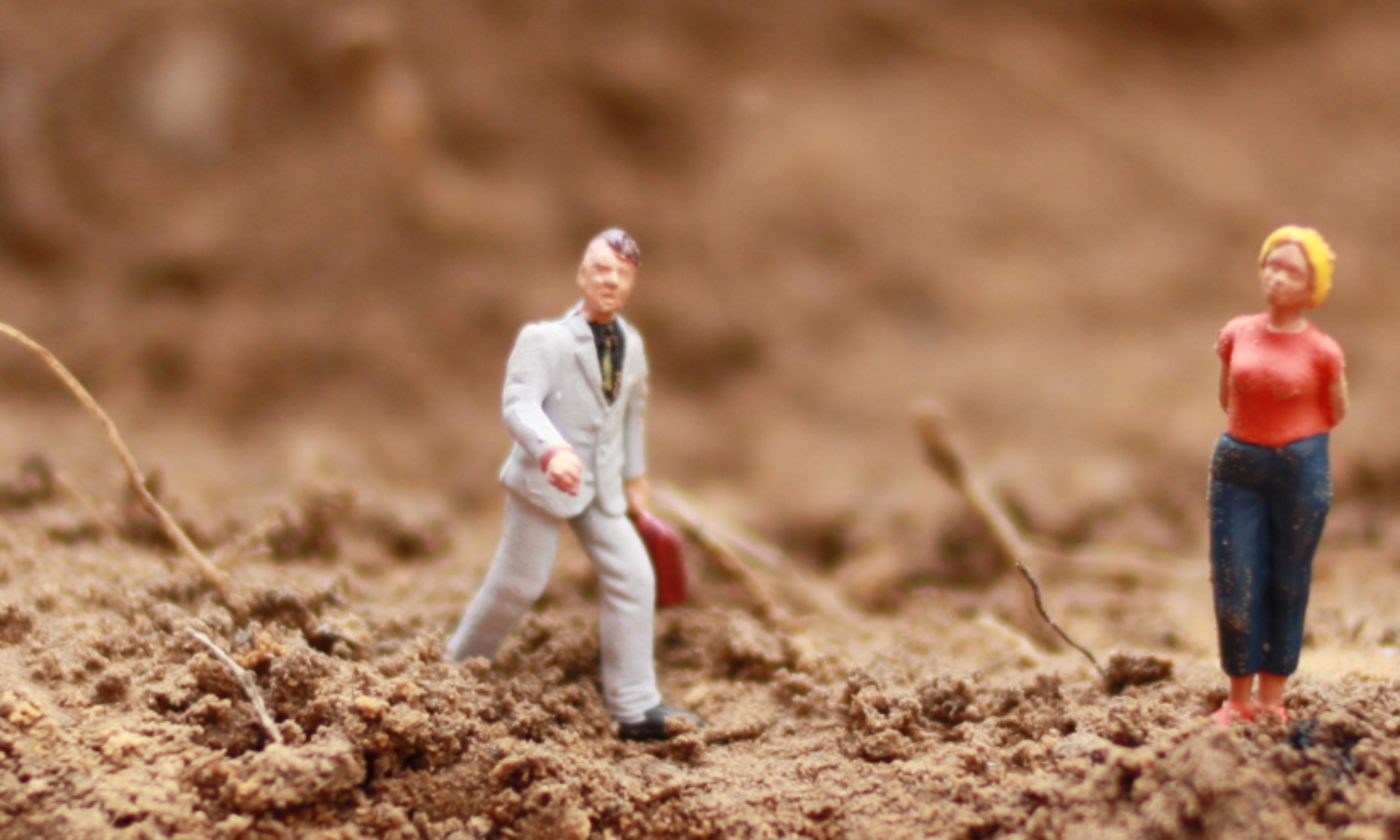| 2nd Agrogeophysics seminar |
After the success of the first edition ‘Geophysics & Agriculture: the perfect match?’ in 2020, we are pleased to give you all a new opportunity to exchange knowledge, good practices, and passion on current trending topics in agrogeophysics.
When applied to agriculture, geophysics targets physical quantities (resistivity, permittivity,elastic moduli …) that indirectly relate to soil and plant properties or hydrological variables. By consequence, Agrogeophysics is a discipline looking for indices to understand the complex interplay between the soil, the plant(s), and the atmosphere.
In the last years, particular attention has been devoted to the development of small-scale studies conducted on a single plant with the aim to translate geophysical observations to state variables governing the soil-plant interactions. On the other hand, we observed a momentum for larger-scale Geophysics using soil proximal to remote sensing in order to map and support agricultural decisions. Yet, although mainly focused on water management issues, agrogeophysics is not limited to and emerging frontiers topics show the potential of geophysical methods to highlight soil processes like carbon and nitrogen cycling.
You can submit any research related to agrogeophysics. We particularly welcome engagement of early-career scientists who are interested to work across groups, scales, and disciplines.
In an hackathon session we will work with those interested in some of the new initiatives in data management, codes integration, and standards in agrogeophysics and will encourage the gathering of pedophysical data.
Key dates and registration
- Registration
- deadline: February 25th, 2022
- fees: 20€ for Phds, 10€ for master students, 40€ for all other cases
- 🛬 Arrival + conference dinner: Thursday evening March 10th, 2022
- 📅 Seminar day: Friday March 11th, 2022
- Venue: Palace of the Royal Academies, Brussels (Stevinzaal and Troonzaal)
Registration
You want to attend, with or without a contribution? Please register here.
Programme
| Thu 10/03 | |
| 19:00-22:00 | Icebreaker conference dinner in Brussels |
| Fri 11/03 – Palace of the royal academies | |
| 9:00-10:00 | Oral block I – Conveners Ellen Van De Vijver and Christian Von Hebel 9:00 Evaluating VNIR spectroscopy, electromagnetic induction and gamma spectrometry to predict soil properties at landscape scale – Steigerwald et al. 9:15 Large Scale EMI Survey linking Electrical Conductivity to Soil Type Properties using Machine Learning Classification Methods. – O’Leary et al. (invited) 9:30 Using geophysical sensors to map and improve the characterization of peatlands in Denmark – Adetsu et al. 9:45 Mapping of Agricultural Subsurface Drainage Systems Using Proximal and Remote Sensors – Koganti et al. (invited) |
| 10:00 – 11:00 | Coffee and poster session Carrera et al. – Joint inversion approach for soil compaction characterization EMI characterization in mountain catchments: multi-frequency versus multi-coil inversion using EMagPy – Blanchy et al. The potential of geophysics for field phenotyping – Garré et al. Modeling soil structure spatio-temporal dynamics and geophysical signatures of compacted soils – Romero-Ruiz et al. (…contributions to be completed…) |
| 11:00 – 12:15 | Oral block II – Conveners Sarah Garré and Alejandro Romero – Ruiz 11:00 Sensing of roots at the field scale using spectral electrical impedance tomography (tbd) – Michels et al. 11:15 Spectral Induced Polarization Characterization of artificial soils with varying water saturation, salinity and clay content – Iván et al. 11:30 Electrical Resistivity Tomography as a monitoring tool for rain-fed agricultural hydrodynamics in southern African Alfisols – Swift et al. (invited) 11:45 Cosmic-ray neutron sensing in support of precision irrigation or: how a fairly simple question yields a puzzling answer – Brogi et al. (invited) 12:00 Electrical resistivity tomography applications for precision irrigation management Vanella et al. (invited) |
| 12:15 – 13:15 | Lunch |
| 13:15 – 16:45 | Interactive session / hackathon / … – Conveners Guillaume Blanchy and Benjamin Mary Start: a quick overview of CAGSPhase 1: idea generation to answer the challenges listed below (1/2h) Phase 2: idea development (1h30) ☕ coffee break Phase 3: idea implementation (1h) ☕ coffee break Phase 4: pitch of team results to an expert panel and the public (30-45 min) |
| 16:45 – 18:00 | Teams pitch their work and we end with drinks and fingerfood. 🙂 |
Sponsors
The seminar is supported by
- The Soil Science Society of Belgium (SSSB) – Topical committee II.Soil physics and hydrology
- ENVITAM doctoral school

Organizing team
Sarah Garré (ILVO, KULeuven), Benjamin Mary (UNIPD), Ellen Van De Vijver (UGent), Alejandro Romero-Ruiz (Rothamsted Research), Guillaume Blanchy (ULiège, ILVO)

